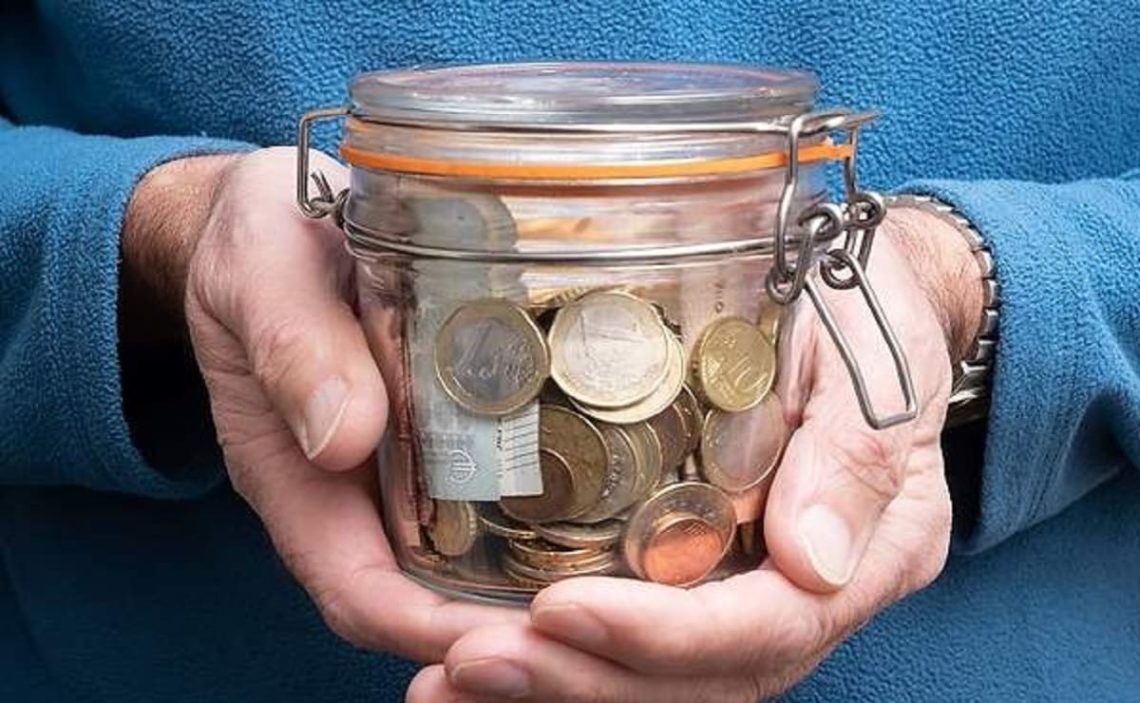Now that you have started your retirement process, you must have all the knowledge regarding how you should divide your money. Normally, you may wonder what part should be in cash or what part should be in a savings account.
It’s common to ask questions like that because we don’t always find the best way to manage our money. Even more vulnerable to waste is retirement, which is often a large amount.
I am retired; what do I do with the money?
There are thousands of ways are to use the money you have earned with constant effort for decades. It is not advisable to do whatever you want with it because, by the time you realize it, you will probably have lost it all.
Nor is it advisable to think you are a financial master and start investing in all assets because of the risk of loss due to inflation or swindling. Assets may have low winning percentages. Therefore, it is not advisable to lose your money on it.
The best option is to assist a financial expert and hire his services with the money received from your retirement to give a better end to the remaining. Other tips or ways can also help you, and spending money on an agent will not be necessary.
When you are close to retirement, start keeping a statistic of how much you spend monthly on living expenses. Enter on a sheet of paper food expenses, rent if you live in a rented home, and utility payments. In short, things you shouldn’t miss paying for.
As a result, put whatever you get in a table and multiply it by the number of months you choose, between 3 months and three years. To create an emergency fund, which will be useful later on.
What is an emergency fund?
When you have started to receive your retirement money, you should understand that most of it will go into an account from which it will not be easy to withdraw the money you need in an emergency. Therefore, you should have money on hand for unexpected occurrences.
The emergency funds are cash savings, which will keep you healthy if, for some reason, you cannot spend your main savings, your retirement. The amount will depend on how much you are willing to save.
For example, if your mandatory monthly spending is $1,000, you should save in cash from $3,000. Some people prefer to keep a reserve of only six months, equivalent to $6,000.
Few people are exposed to the constant risk of not being able to access their main savings fund. Therefore, they prefer to save for an emergency fund in extreme cases for up to 3 years, equivalent to $36,000.
But not everyone is fond of doing this kind of thing, as they expose themselves to great risks to keep this money in cash. The best option to know how much to save is to know your risk of needing something in an emergency.
People who suffer from terminal illnesses or are vulnerable to accidents are the aptest to save more money. On the other hand, if you may only need to save money for anyone’s treat, you can guide yourself for between 3 and 6 months.
What are the advantages of an emergency savings fund?
The emergency savings fund is an excellent option to have the money you can use quickly and without anyone’s permission. You can use it for unexpected medical expenses, such as an injury, car, or cardiovascular accident.
Also, if, for some reason, the bank where you deposited your money goes bankrupt, it will not be necessary to go into poverty for months while your money is being delivered to you. The best option is always seen this way, you only need to take it from your chest, and that’s it.
You can avoid a certain amount of bank fees, which only greatly reduces all your money. Well, when you make interbank transfers or pay with a debit card, you are deducted a percentage, and between so many expenses, the percentage will get much bigger.
Disadvantages of having an emergency fund
The problem with having an emergency fund in cash is that bills are a physical thing, exposed to many dangers that threaten them, being risky to have so much money. Many financial advisors will never recommend having so much cash on you.
But what risks are physical savings exposed to? The biggest problem is the insecurity of society because if they come to steal your property, they will have access to all the money.
There are many ways to avoid this, such as using safes or hiding it in the best way. Even so, it is never good to risk more than 30% of your retirement savings on physical; in case of loss, it would be a strong blow to your economy.
You may not realize it, but many bad people use the operation of watching out for new retirees to steal their money. You should keep the receipt of your savings private to reduce the risk.
Moreover, some banks charge taxes for the withdrawal of a large amount of money, which is a loss for you and your retirement. Fees and taxes for money movements almost always greatly reduce your money.
How can I avoid losing money with an emergency fund?
No special formula will be perfect for you and everyone else, as all cases are different. The best advice is not to exceed one year’s support; beyond that amount, the money can become exorbitant.
The best advice among all financial advisors is that your emergency fund should only fluctuate within 3 to 6 months of support to be profitable.


